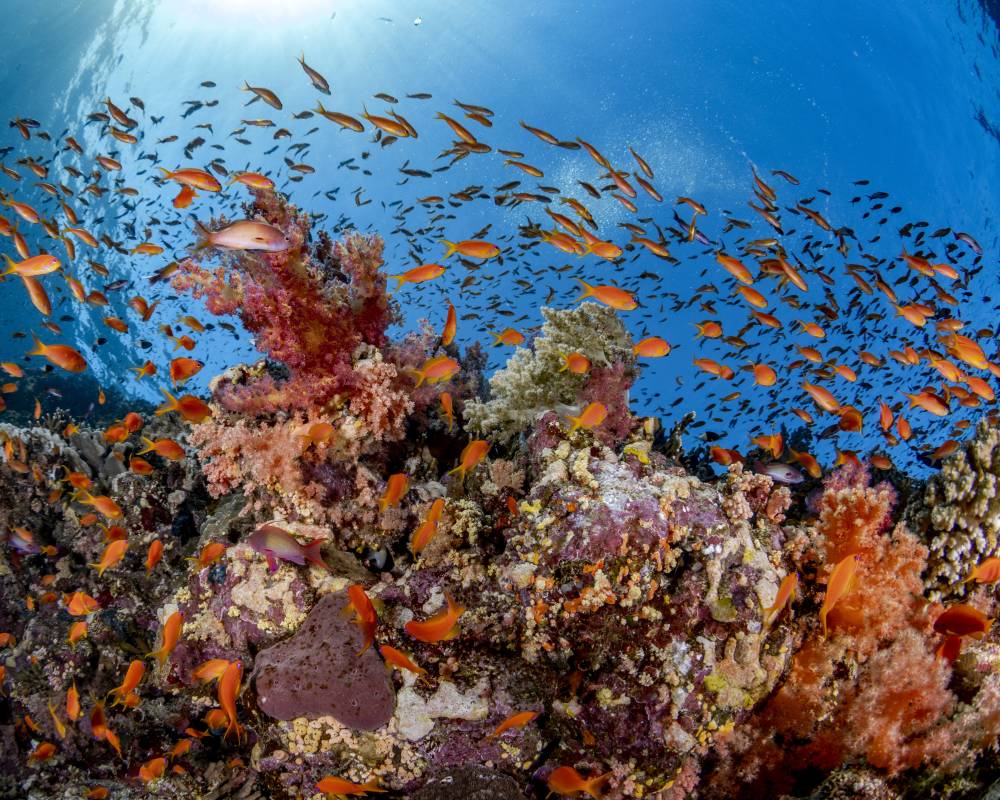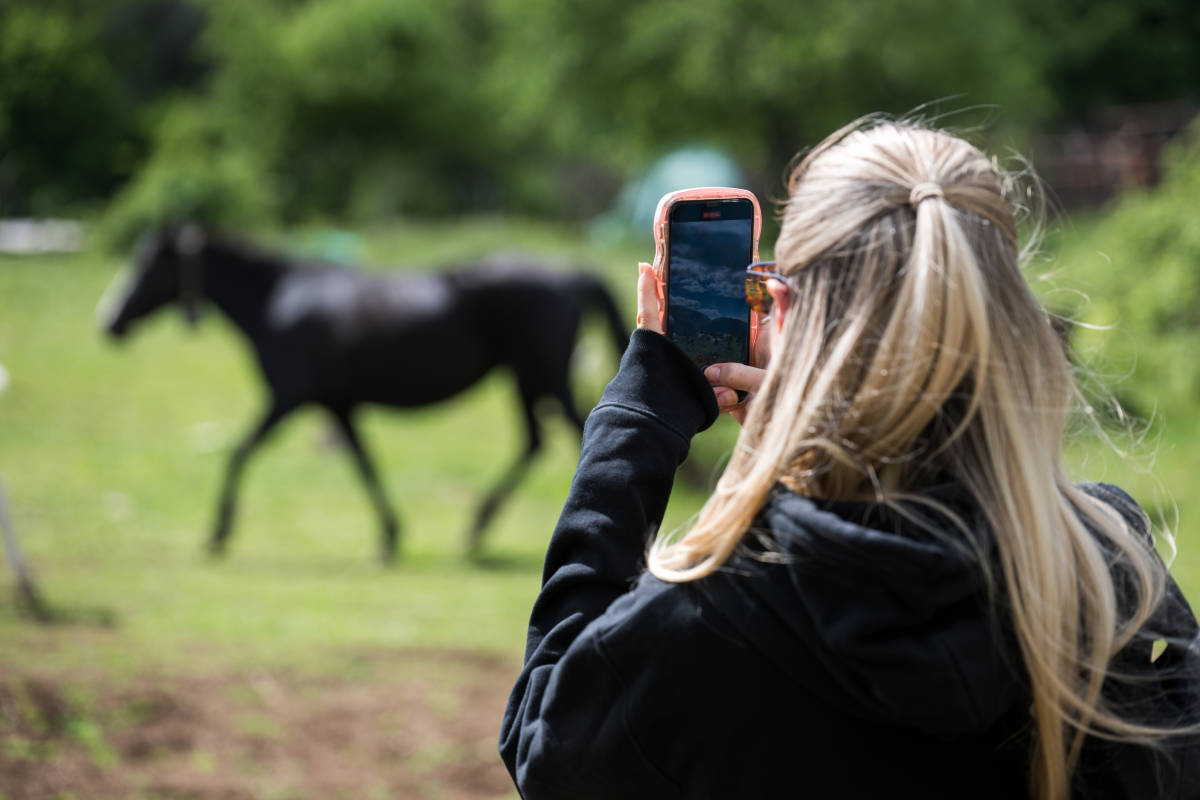As a business, we want to ensure that everything we do to create and run our trips not only reduces any negative impacts on natural ecosystems, but proactively seeks to restore nature. Travel still leaves a footprint on nature – through carbon emissions, waste, pollution, and ecosystem exploitation. We seek to remove and reduce these negative impacts and strive to restore nature wherever possible.
Our Thriving Nature, Thriving People plan drives our Nature Positive action, through the lens of what nature impacts we can remove and reduce, and where we can help restore. This includes:
REMOVE & REDUCE:
- Understanding the carbon impact of our trips and seeking to reduce this. Read more here.
- Striving to reduce waste from our trips, whether that’s eliminating single- use plastics, encouraging suppliers to reduce waste or supporting local waste reduction initiatives.
- Ensuring animal welfare is upheld across all our trips – whether wildlife or working animals. Read more here.
- Trying to avoid and reduce any other ways tourism can damage ecosystems, such as the overtourism of natural spaces or purchase of nature damaging souvenirs.
RESTORE:
- Rewilding 100 square metres per passenger, through our long -standing partnership with Rewilding Europe. Read more here.
- Supporting the restoration of ocean ecosystems globally, through our partnership with Blue Marine Foundation. Read more here.
- Enabling our customers to take part in vital citizen science data collection, through our Citizen Science departures. Read more here.
- Supporting communities to restore nature, and harnessing nature to empower communities, through our Foundation. Read more here.
The natural beauty, diverse wildlife and unique ecosystems that we love exploring on our adventures are left increasingly under threat, not only by climate change, but also by biodiversity collapse. Humans have wiped out 73% of wildlife populations since 1970*, 1 million species are currently at risk of extinction** and 75% of our world’s land-based environment has been significantly altered by human actions**. We all have a responsibility not only to reduce our negative impacts on the natural world but also to proactively support the restoration of ecosystems on which we rely for our future survival.
- * WWF Living Planet Report 2024
- ** IPS Special Report – IPBES Compilation for UN Nature Summit 2020
Our Nature Positive goals and activity have been informed by a number of bodies and experts developing targets, metrics and guidance in this area. We share these both for transparency, and in the hope they may be helpful to other travel companies looking to take Nature Positive action:
- Our identification of our negative impacts on nature are based on IPBES (Intergovernmental Science-Policy Platform on Biodiversity and Ecosystem Services)’s “drivers of biodiversity and ecosystem change” and informed by the Council for Sustainable Business’s Nature Handbook.
- The ‘mitigation hierarchy’ we use to structure our targets and activities (to remove, reduce and restore) were informed by the SBTN’s initial guidance for business.
- Our targets and metrics have been informed by, and aligned with, the Kunming- Montreal Global Biodiversity Framework agreed at the UN Convention on Biological Diversity.
We have also gratefully benefitted from the input of some expert critical friends, including Justin Francis (Responsible Travel, Council for Sustainable Business), the team at Animondial, and our partners at Rewilding Europe.






